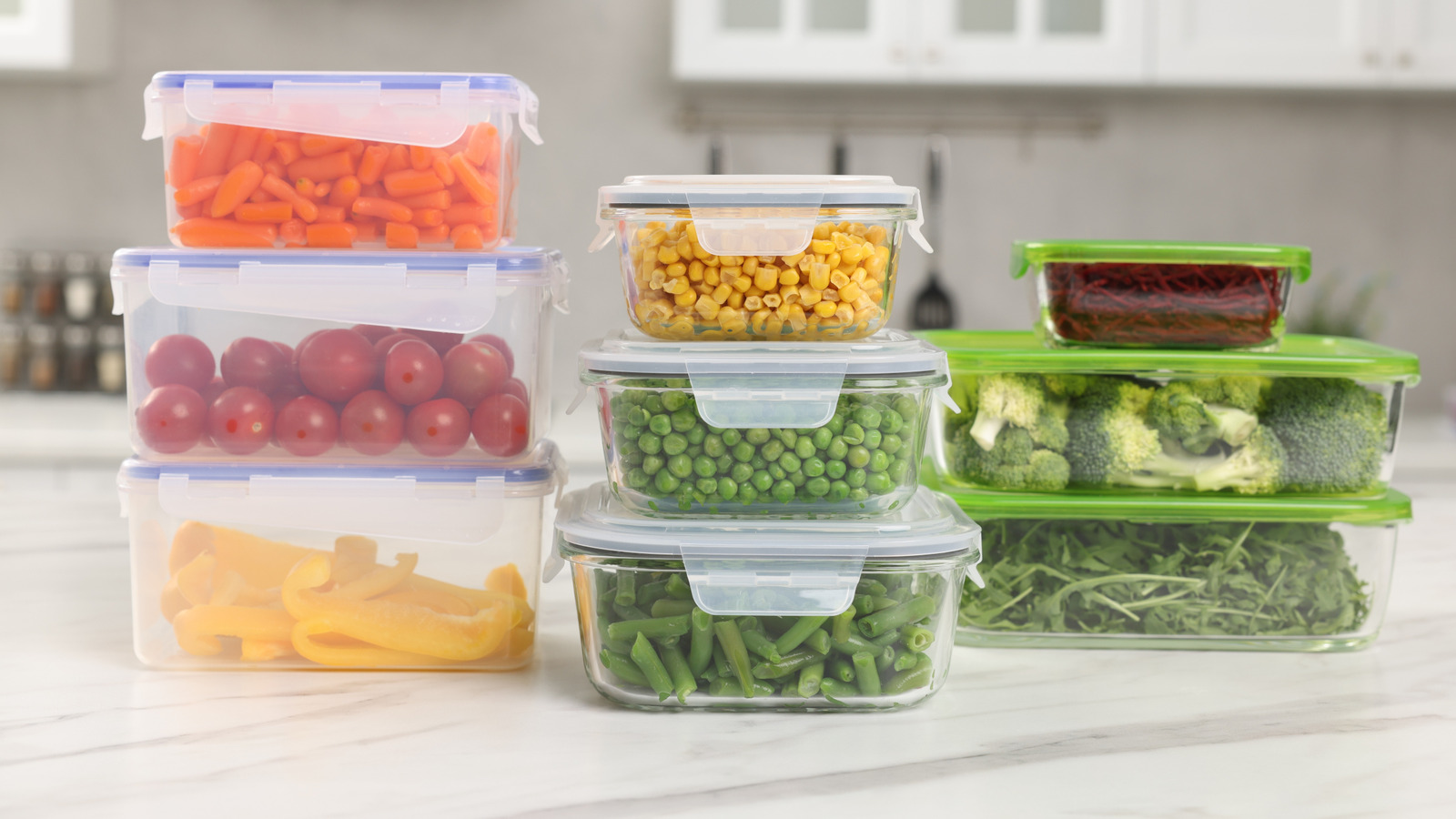
"By contrast, glass is non-porous, so it doesn't leach toxins into food, regardless of temperatures. It's also resistant to chemical changes, so glass containers don't absorb food flavors, moisture, or bacteria."
"The process of recycling plastic is less efficient, and the material quality degrades each time it's repurposed. The original production of plastic also contributes highly to pollution and greenhouse gas emissions."
The article discusses the growing preference for glass food storage containers over traditional plastic options, highlighting the health risks posed by microplastics leaching into food. Unlike plastic, which can release harmful chemicals, glass is non-porous and doesn't absorb unwanted flavors or bacteria. Moreover, glass is fully recyclable, unlike plastic, which deteriorates with each recycling cycle and contributes to pollution. Emphasizing both health and environmental benefits, the article advocates for the smarter choice of using glass storage as a functional and safer alternative in kitchens.
Read at Tasting Table
Unable to calculate read time
Collection
[
|
...
]